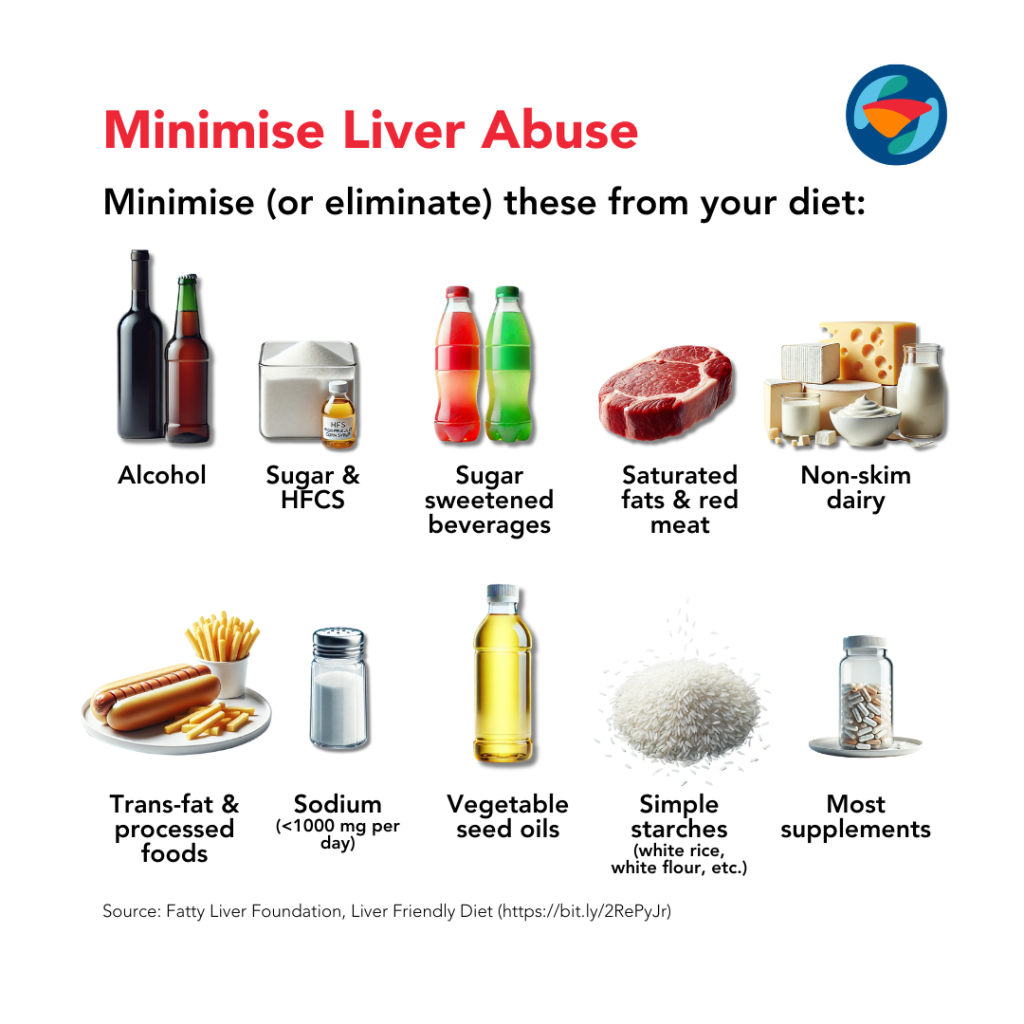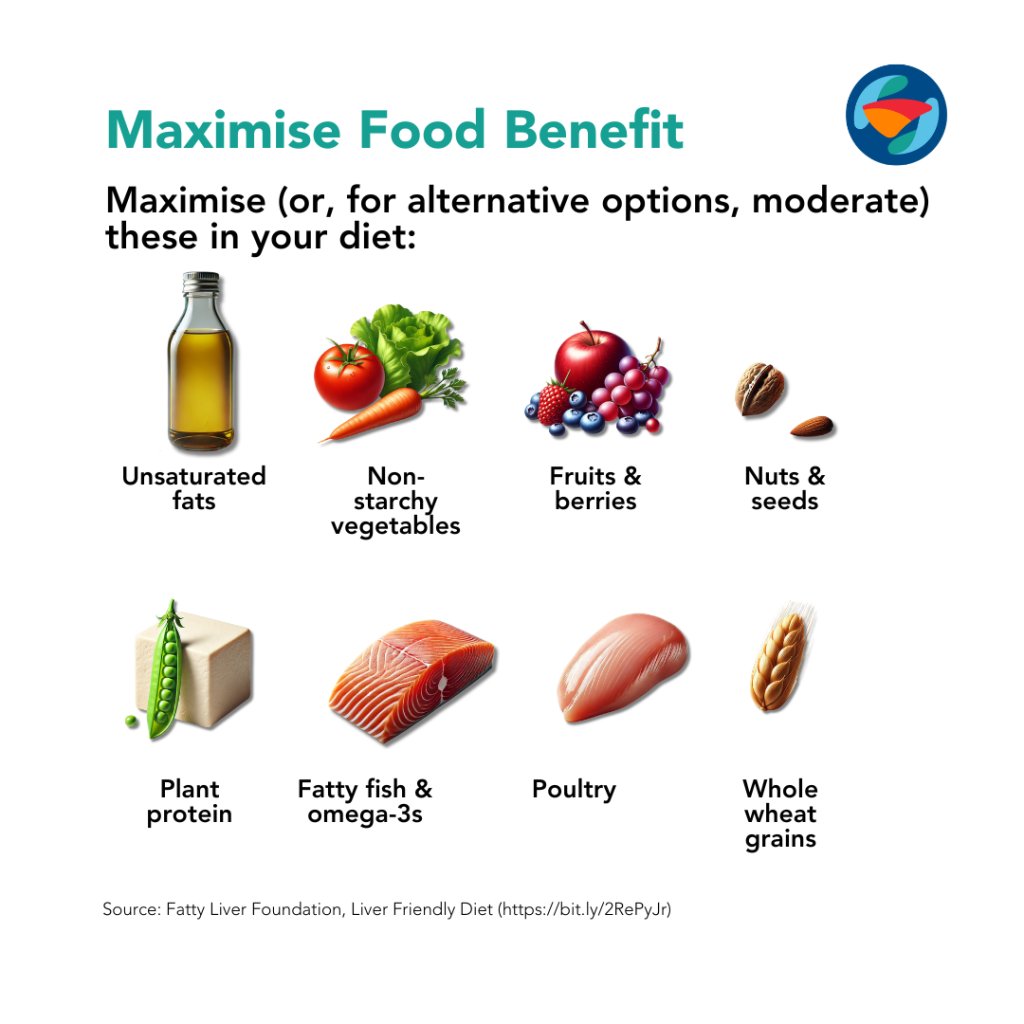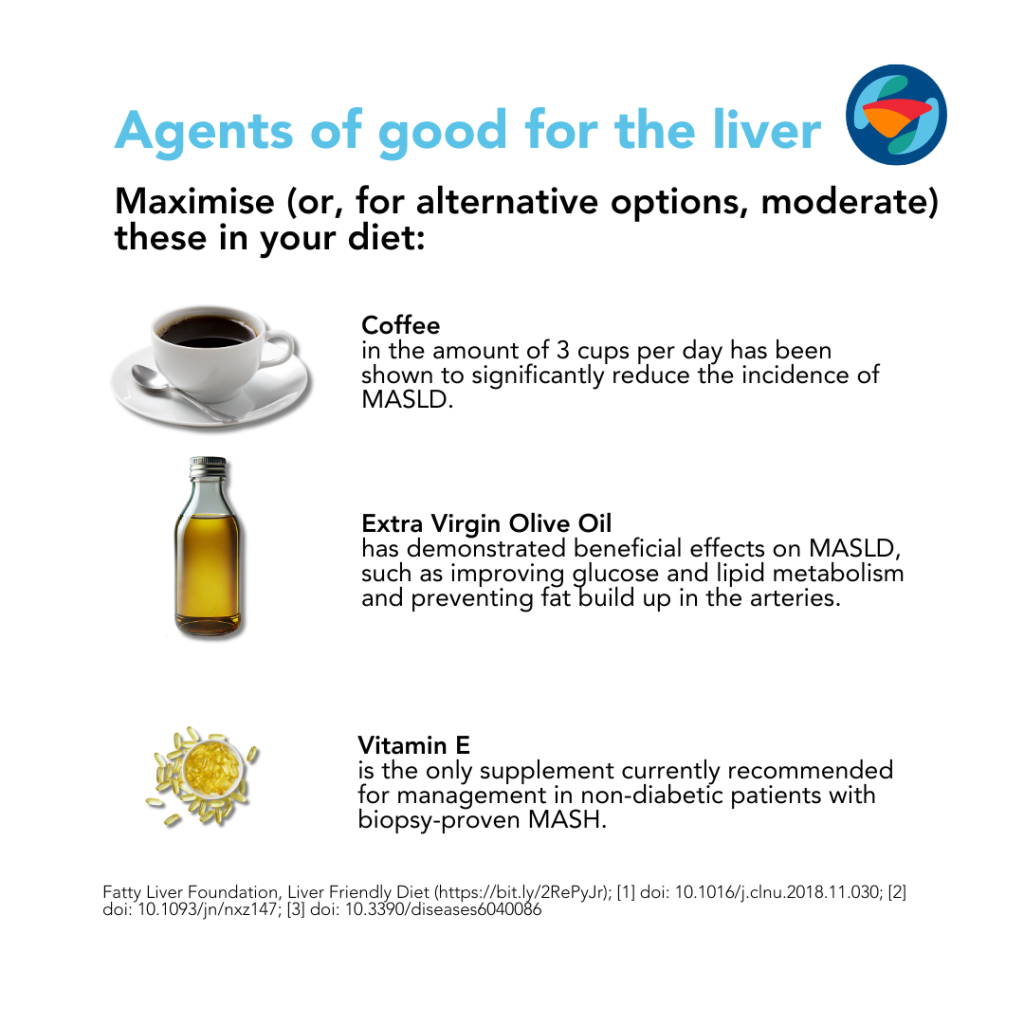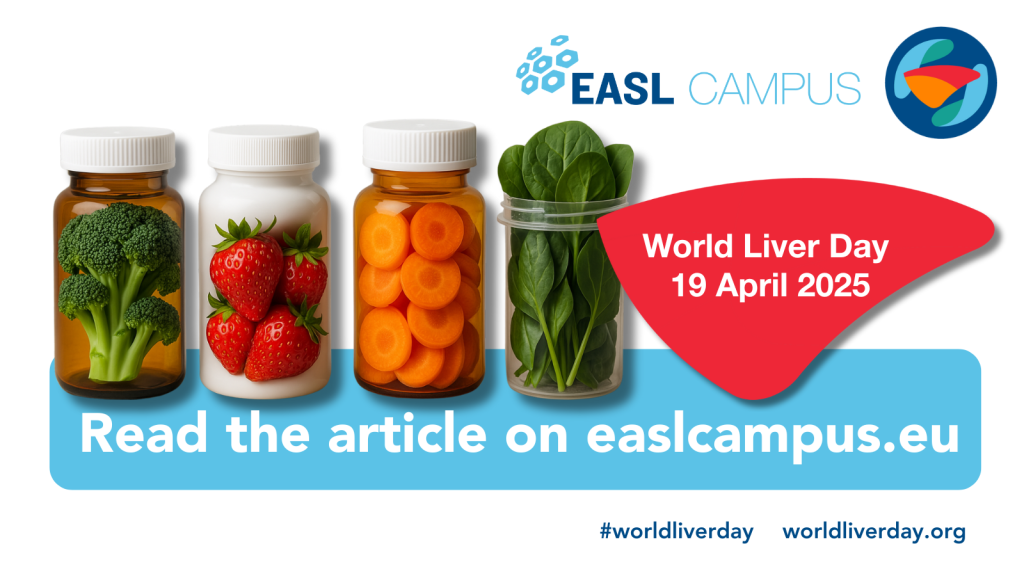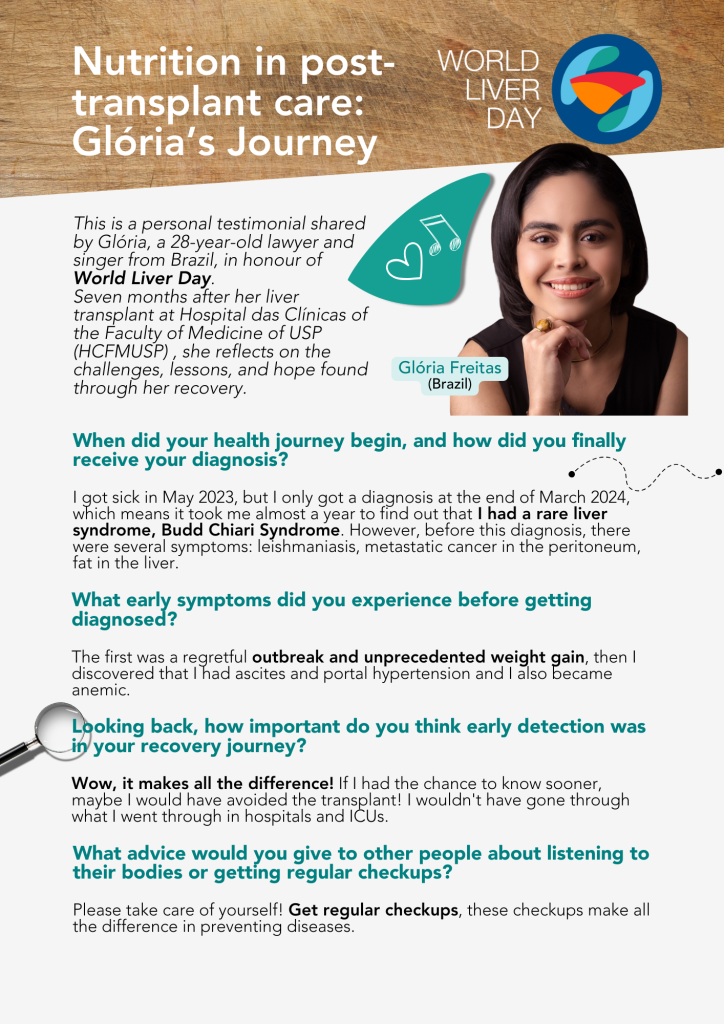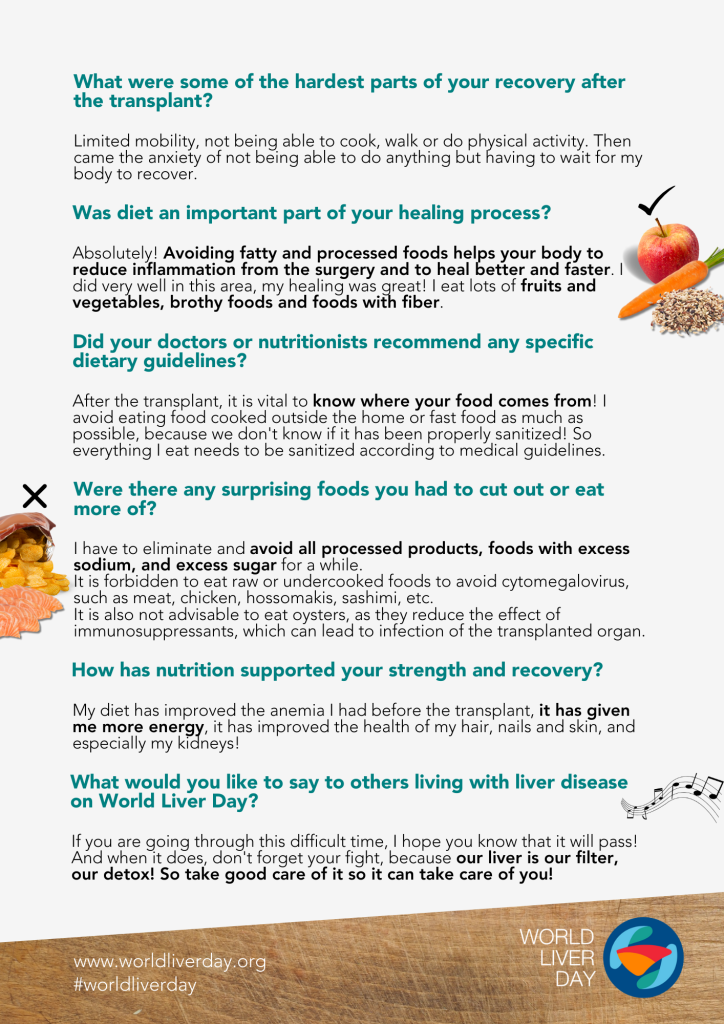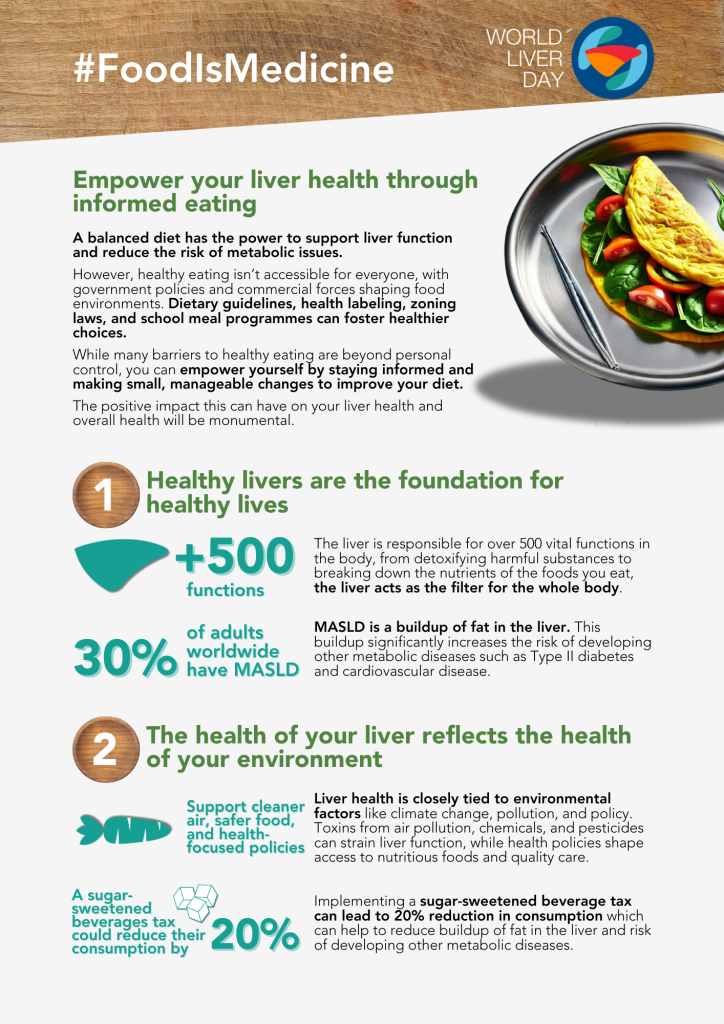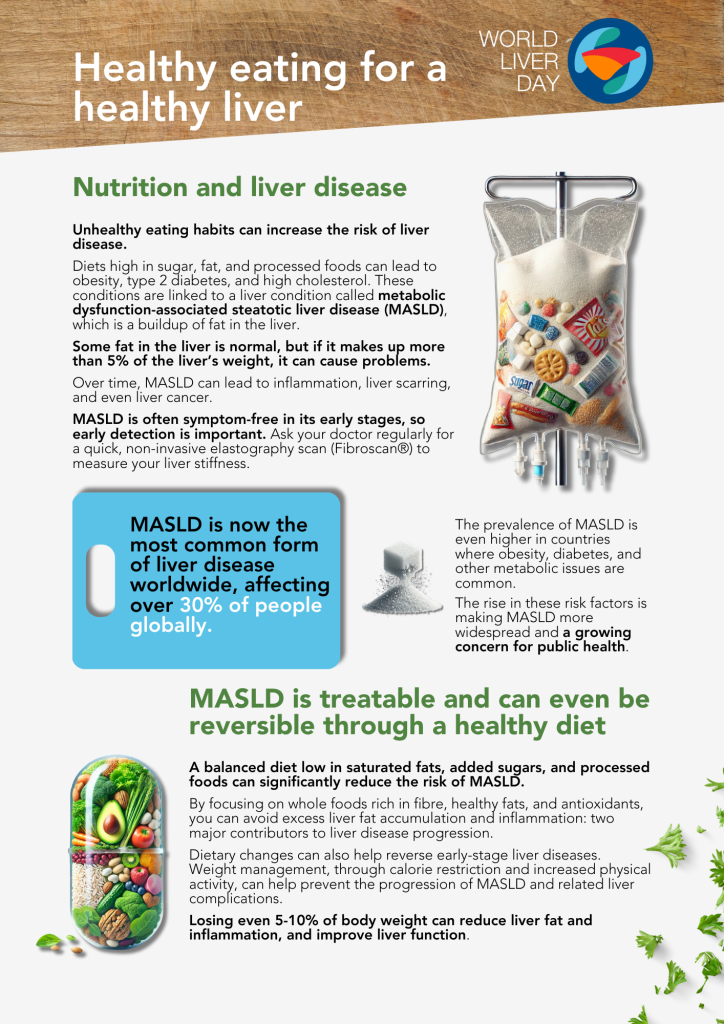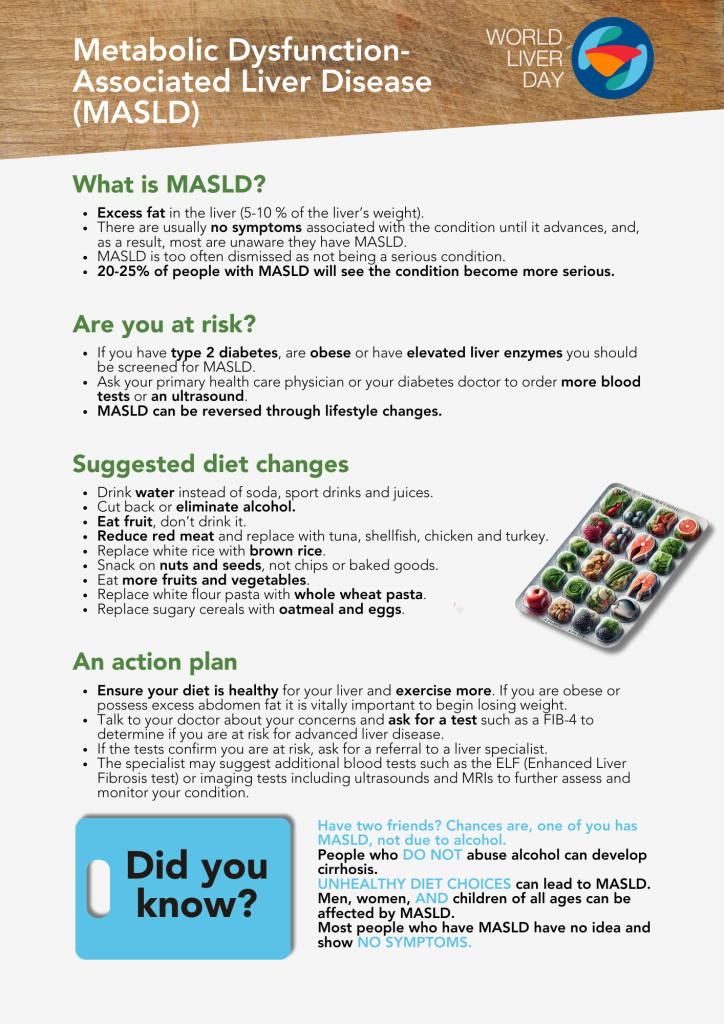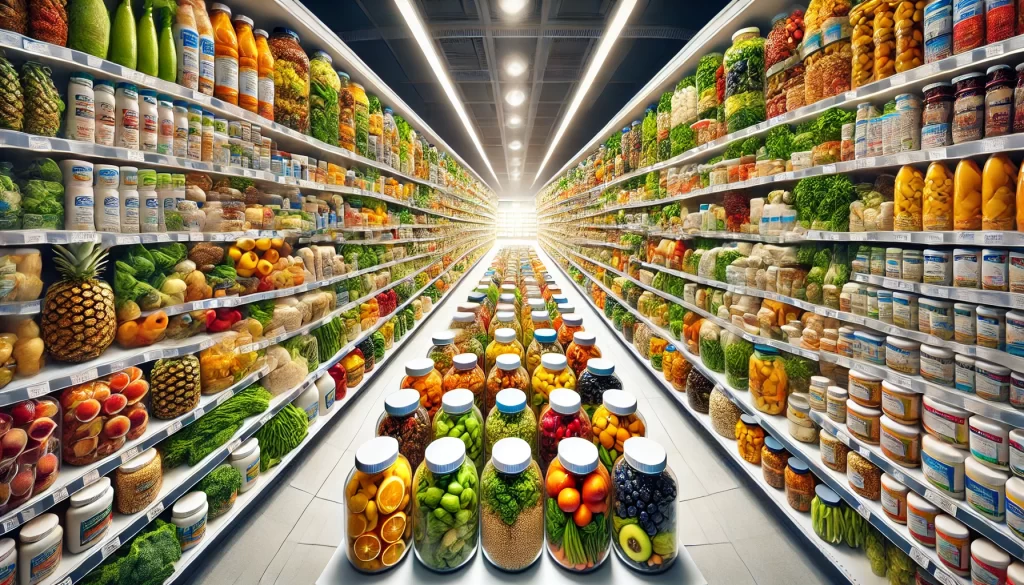
LEARN MORE
World Liver Day
19 April 2025

LEARN MORE
World Liver Day
19 April 2025

Knowing your liver is key
When considering your health and vital organs, your heart, lungs, and brain likely come to mind first. The liver is often overlooked, even though it is the body’s second-largest organ and is responsible for over 500 essential functions. Learn more about the basics.
The liver is a vital organ with more than 500 functions
MASLD: a growing global health challenge
Food is medicine: it's never too late to show your liver some love
A liver that is stressed or unwell benefits from reducing its workload as much as possible. Be mindful of your diet by choosing foods that support liver health while minimising those that may cause harm. Focus on making more positive choices than negative ones, and don’t pressure yourself to be perfect all the time.

Learn more about World Liver Day
From the power of the Mediterranean diet to the urgent need for global action on food inequity, discover how small, informed choices can have a big impact on preventing liver disease — and why liver health is everyone’s business.
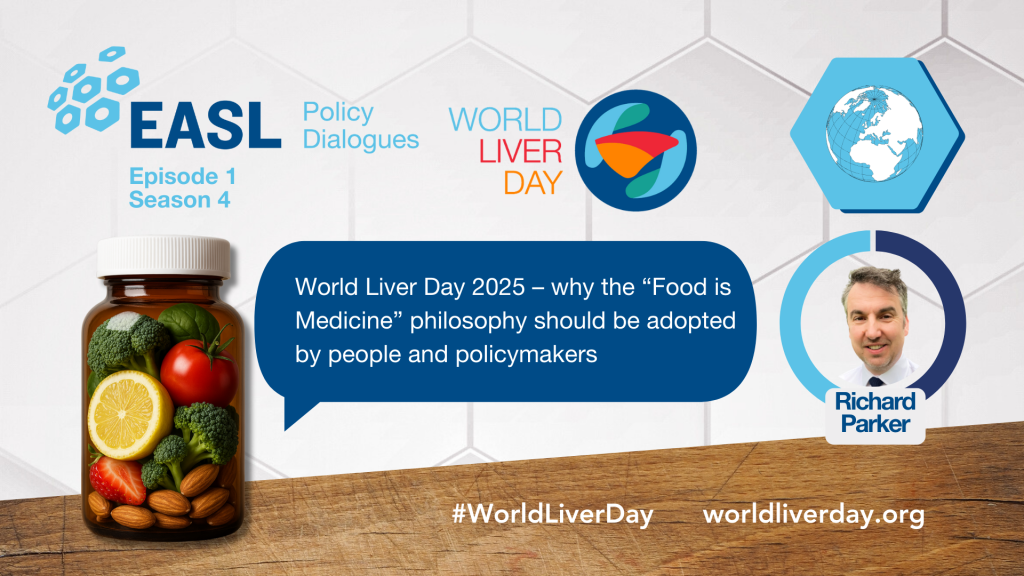
In an episode of EASL Policy Dialogues, we look back at the campaign with Richard Parker, member of the European Association for the Study of the Liver (EASL) Policy, Public Health and Advocacy Committee.
Statistics
There are several different things that can cause liver disease, including infection, genetics, and lifestyle choices. You can develop a liver problem at any age.
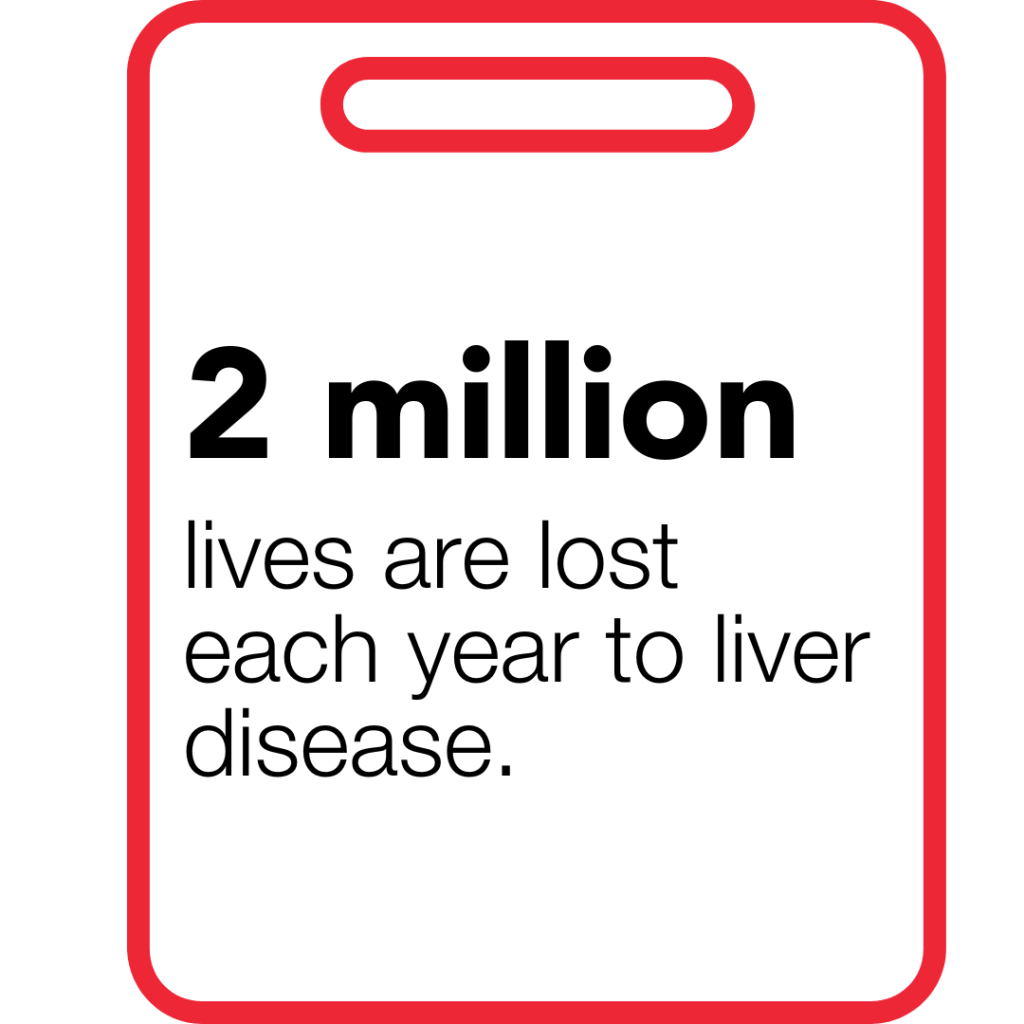
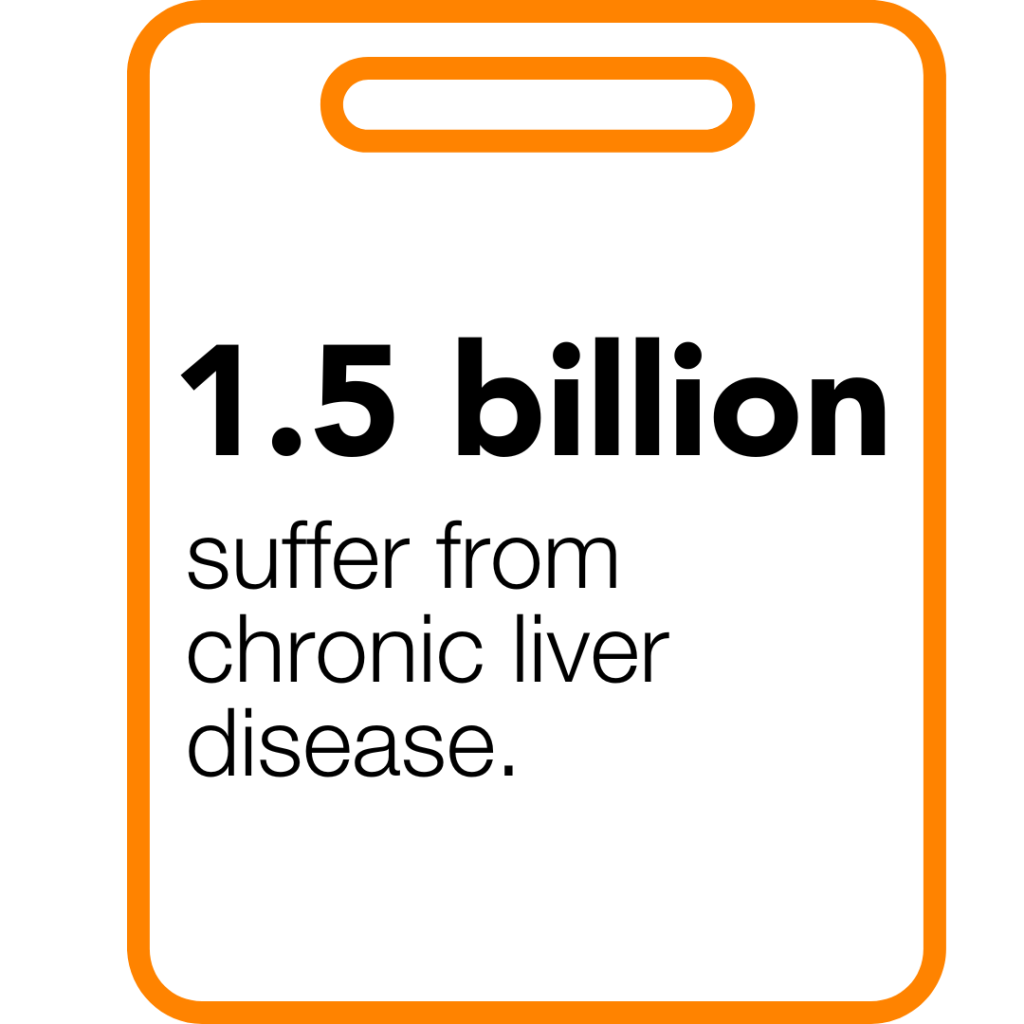
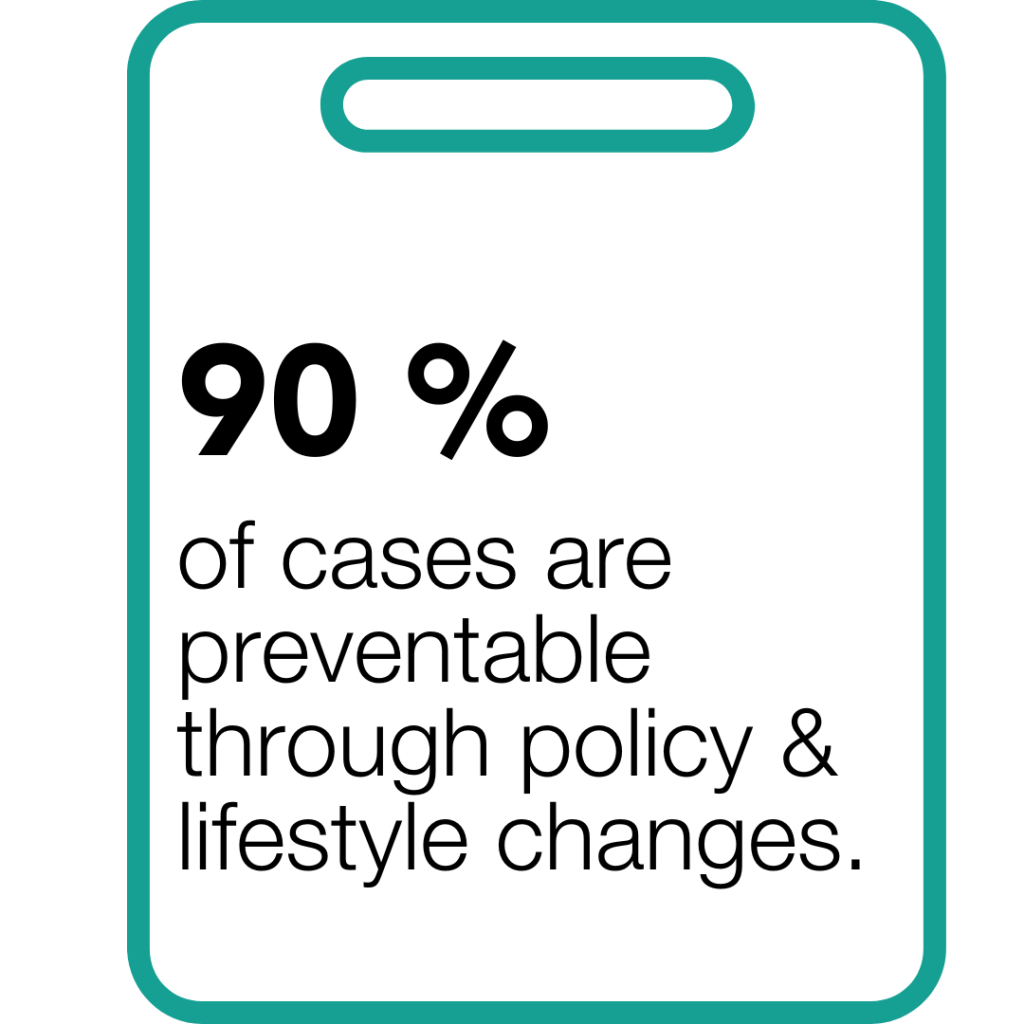
Patient testimonials & messages of support
In honour of World Liver Day, we’re sharing real stories from those who have faced liver disease with strength and resilience. Meet Glória, a 28-year-old lawyer and singer from Brazil, whose journey through a rare liver condition, and ultimately a life-saving liver transplant reminds us of the importance of early detection, sound nutrition guidelines for post-transplant care, and hope. Her story is a powerful call to listen to our bodies—and to never give up!
Download the factsheets
Download the factsheets below to learn more about liver health and its link with nutrition, and make informed choices for better well-being.
Read the articles
Hepatology societies from around the world (EASL, AASLD, ALEH, APASL, SOLDA) have come together to provide a series of articles exploring the many aspects of nutrition and liver disease.
Conversation with a dietitian
Watch the videos featuring Prof. Shira Zelber-Sagi, a leading expert in nutrition and liver health. As a clinical dietitian, epidemiologist, and researcher, she brings extensive experience in the connection between diet and liver disease.
Myth Busters
In this Myth Busting section, we debunk common misconceptions about liver health and nutrition, separating fact from fiction. By addressing these myths, we empower you with accurate, science-backed information to make informed decisions about your liver health.
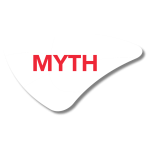
FACT:

FACT:

FACT:

FACT:

FACT:

FACT:

FACT:

FACT:

FACT:
What’s in my food?
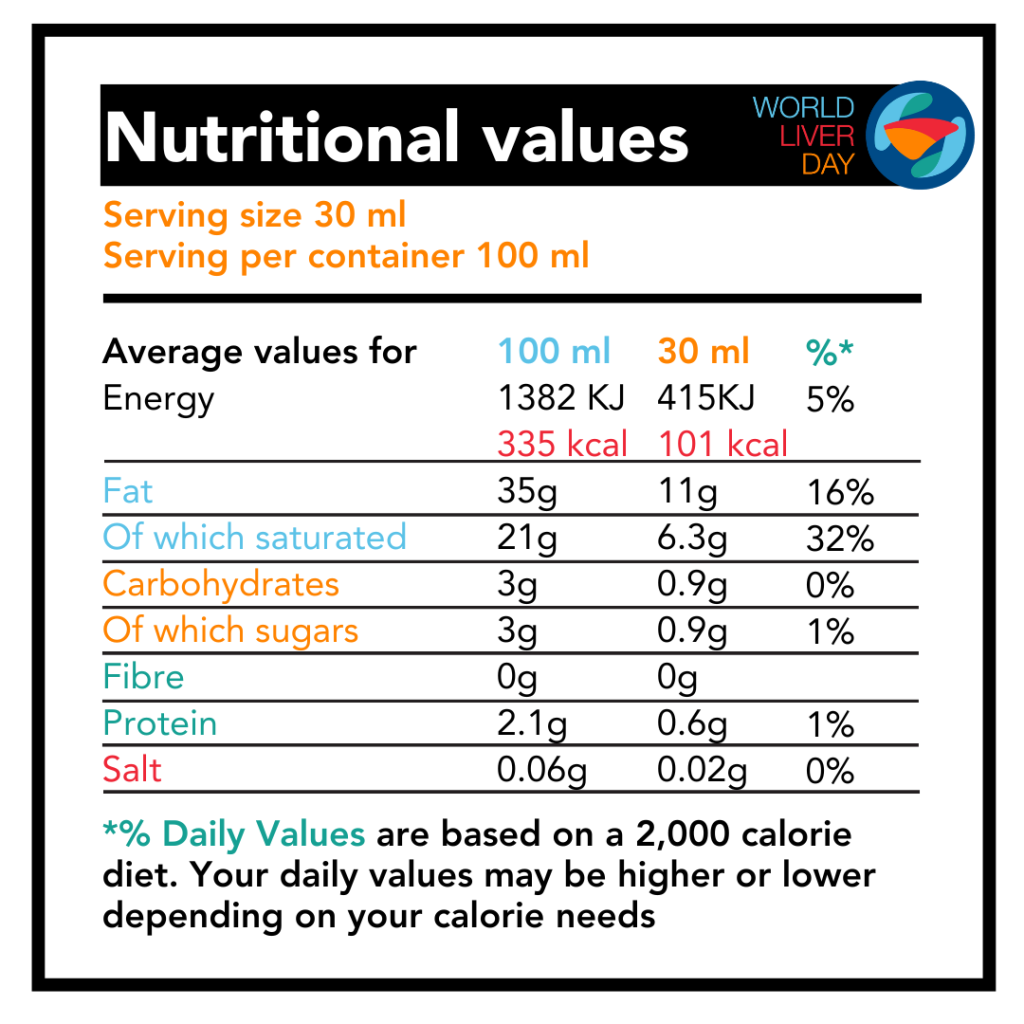
1. Food labeling is useful to make informed, healthy choices. Labels typically display serving sizes, calories, nutrients (like fats, sugars, protein, fiber), and % Daily Value to guide daily intake based on a 2,000-calorie diet. Understanding these components helps us manage our dietary needs, avoid overconsumption, and choose healthier options.
2. Ingredients are listed by weight, with the most prominent ones first. Recognisable, whole ingredients generally indicate a healthier option, while added sugars, artificial flavors, and preservatives suggest more processed foods.
Limit saturated fats, trans fats, salt, and added sugars: these are linked to liver disease, in addition to obesity and heart disease.
Total fat intake should be less than 30% of total energy intake.
Salt intake should be less than 5g per day.
Sugar intake should be less than 10% of total energy intake.
Seek fiber, vitamins, and minerals: they are essential for overall health.
Global variations in labeling
Different countries use varied labeling systems, such as traffic light systems or star ratings, but the purpose is universal: to empower consumers to make healthier decisions.
Here are some effective food labeling systems worldwide that help consumers make informed, healthier choices:
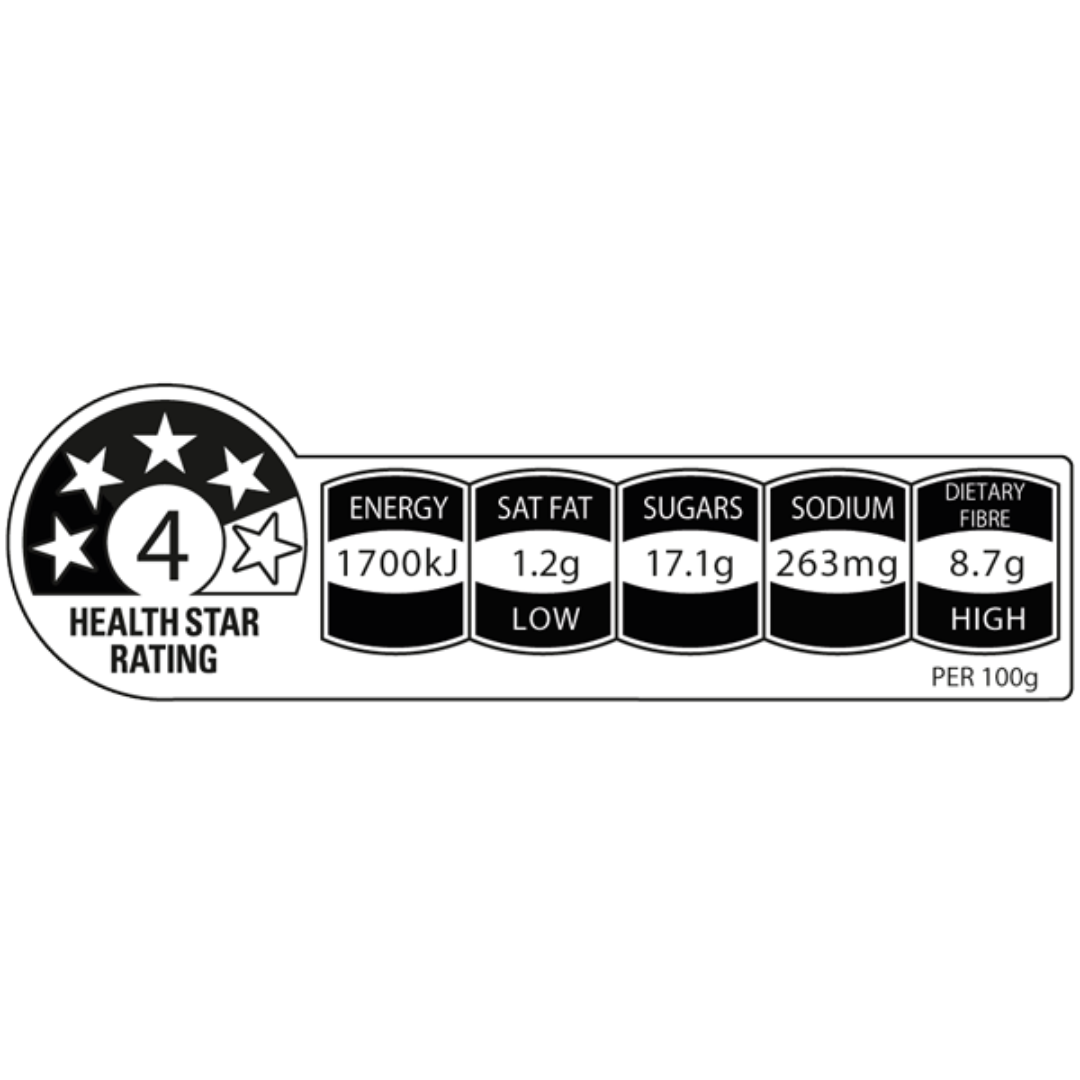
Australia and New Zealand - Health Star Rating
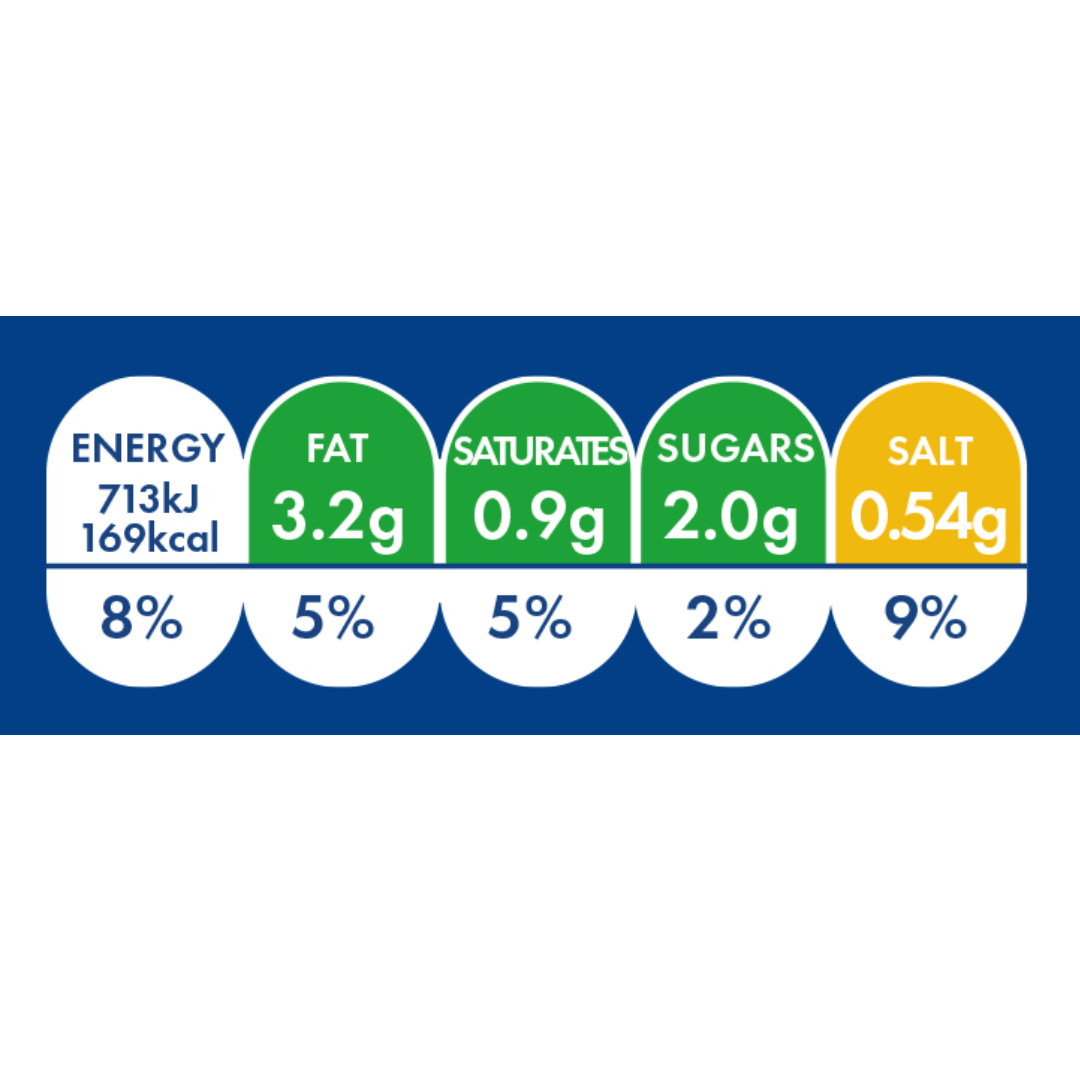
United Kingdom - Traffic light labeling
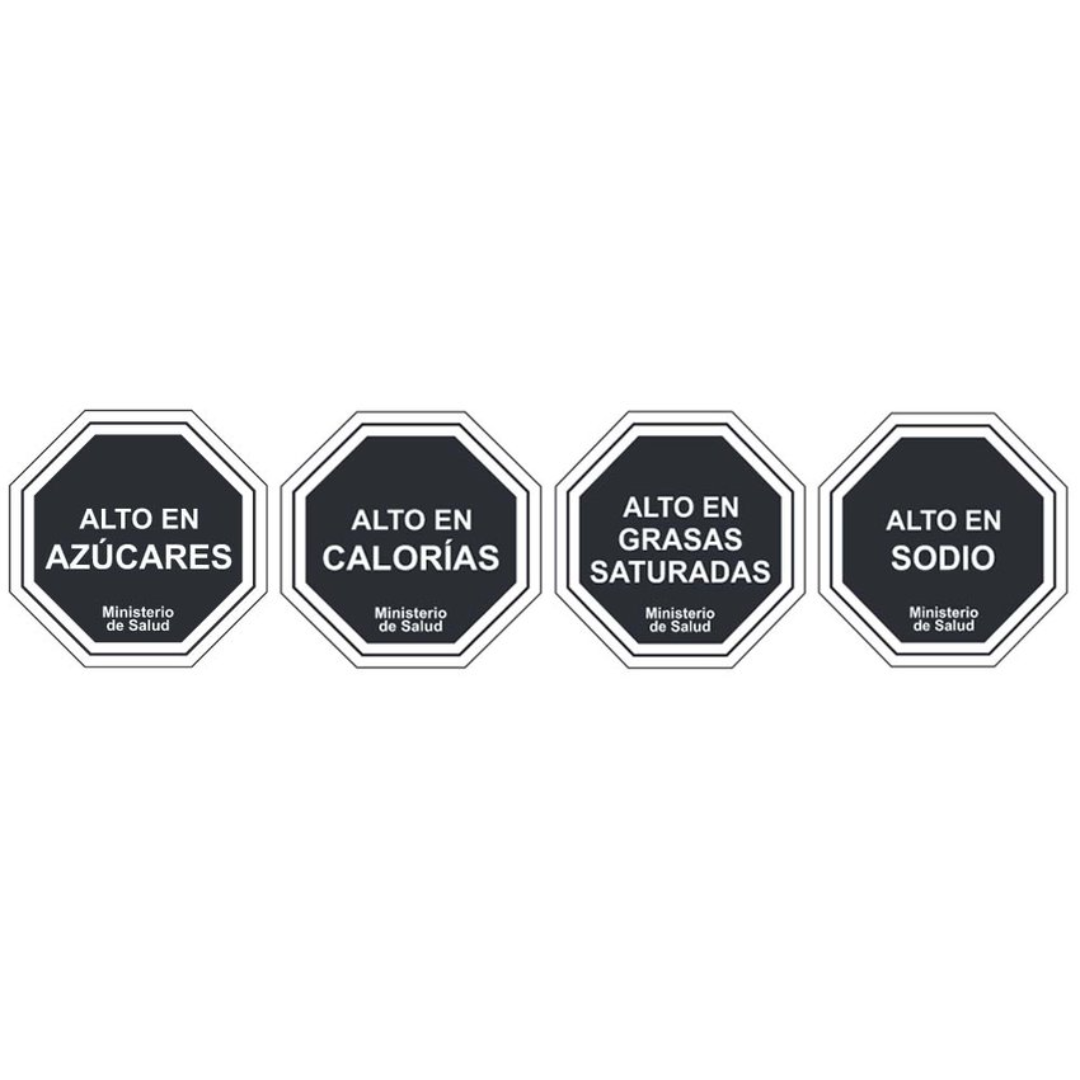
Chile - Warning Labels
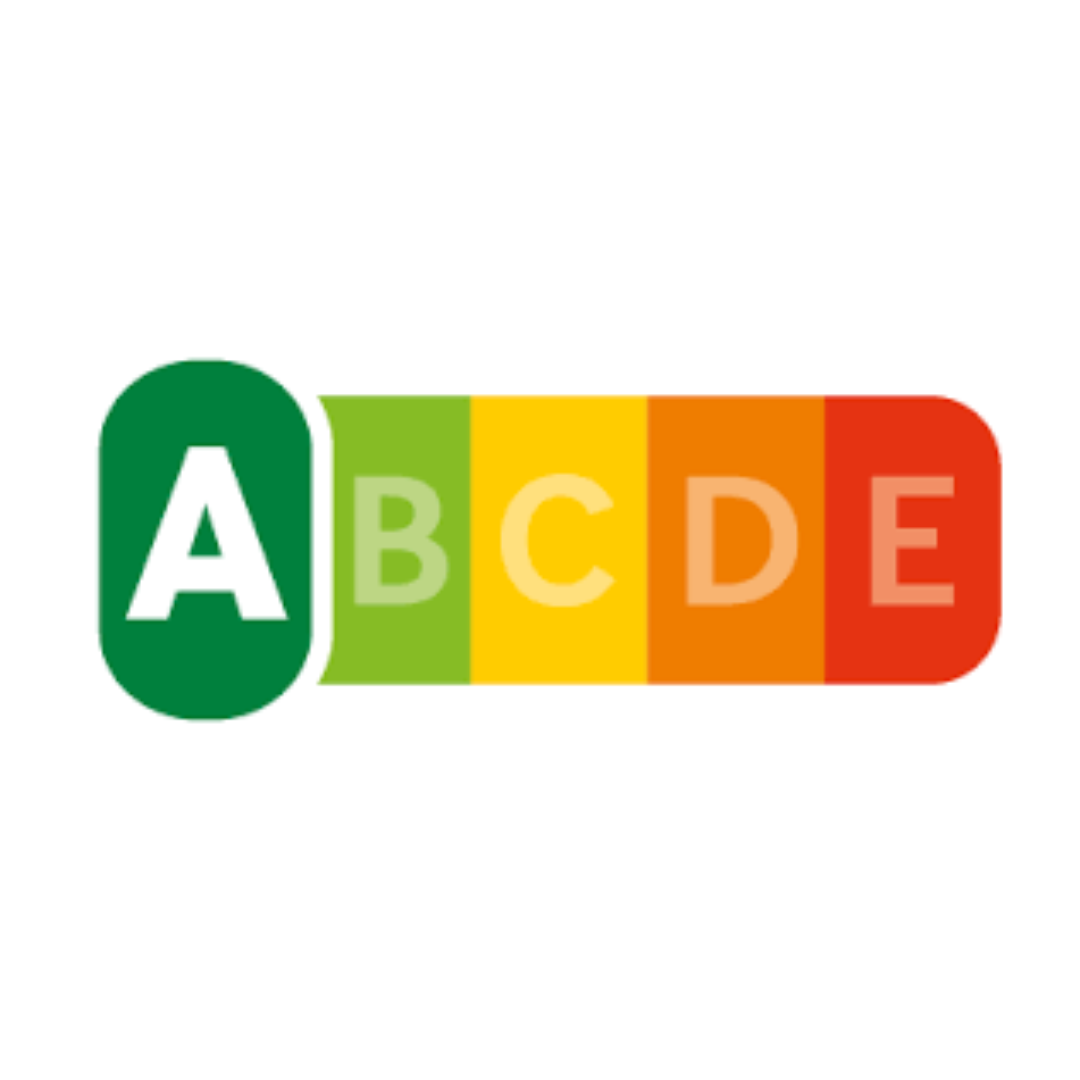
France - Nutri-Score
Scan your barcodes!
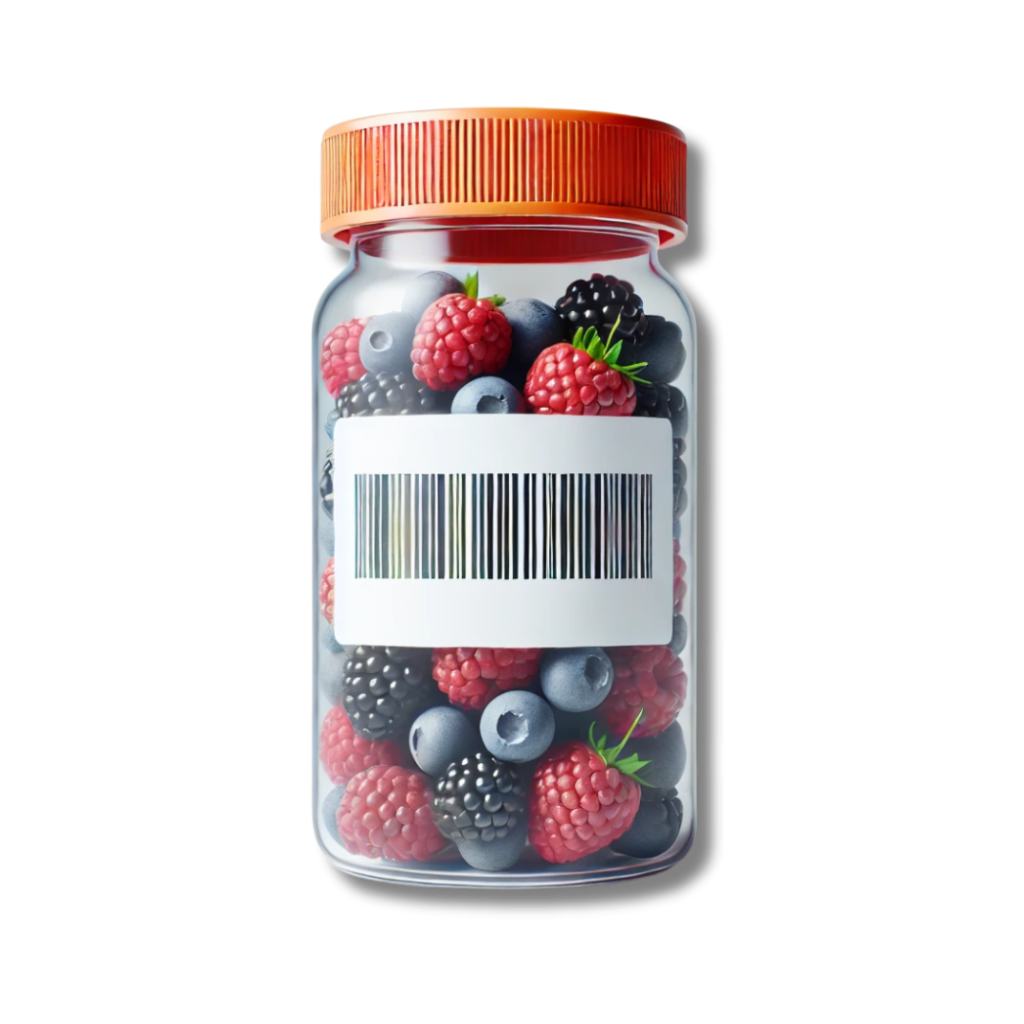

Yuka is a mobile application that allows you to scan the barcode of food and cosmetic products in order to know their impact on health and the environment.
In one scan, Yuka provides a quick and easy evaluation via a color code ranging from green to red. A detailed information sheet also allows you to understand the product rating and the criteria taken into account for it. When the product is poorly rated, Yuka
independently recommends similar products that
are better for your health.
What about supplements?
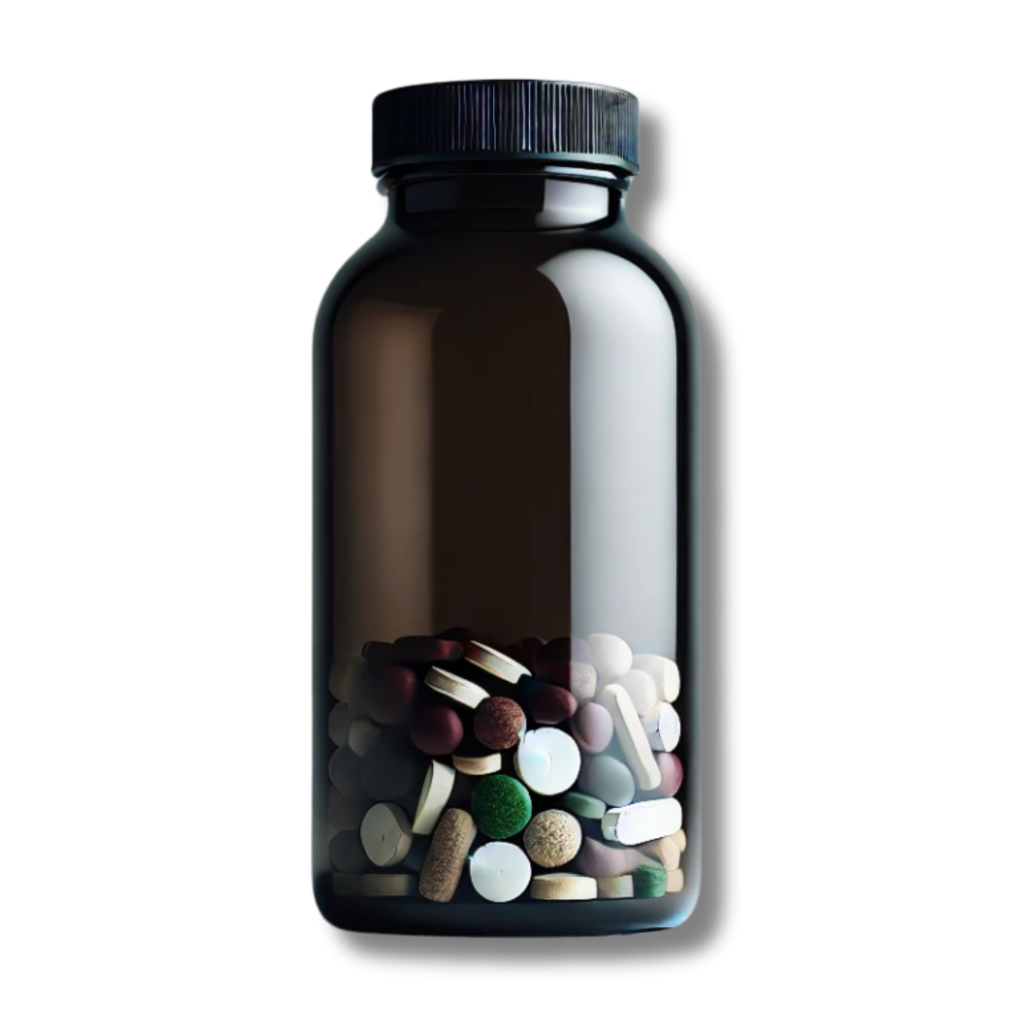
LiverTox, developed by the National Institute of Diabetes and Digestive and Kidney Diseases (NIDDK), is a trusted online resource providing clear, evidence-based information about medications and liver health. It helps explain how prescription drugs, over-the-counter medications, and dietary and herbal supplements can affect the liver, offering insights into causes, symptoms, diagnosis, and management of liver-related issues. Information on a specific medication or supplement can be found by entering its name in the “Search this book” box or by browsing the list of agents by its first letter using the alphabetic list.
Useful resources
- Fatty-Liver-Brochure.pdf
- From Status Symbol to Silent Epidemic: The Complex Relationship Between Obesity, Food Insecurity, and Liver Health: https://communities.springernature.com/posts/from-status-symbol-to-silent-epidemic-the-complex-relationship-between-obesity-food-insecurity-and-liver-health
- Liver-Health-Basics-Booklet – GLI – Adobe cloud storage
- https://www.aasld.org/practice-guidelines/clinical-assessment-and-management-metabolic-dysfunction-associated-steatotic
- https://www.who.int/publications/i/item/9789241599931
- https://gut.bmj.com/content/72/11/2138
- https://jamanetwork.com/journals/jamanetworkopen/fullarticle/2792842
- https://www.nih.gov/news-events/nih-research-matters/cells-maintain-repair-liver-identified
- Food inequity and insecurity and MASLD: burden, challenges, and interventions | Nature Reviews Gastroenterology & Hepatology
- Dietary strategies in non‐alcoholic fatty liver disease patients: From evidence to daily clinical practice, a systematic review – Hadefi – 2023 – United European Gastroenterology Journal – Wiley Online Library
- One size does not fit all; practical, personal tailoring of the diet to NAFLD patients – Zelber‐Sagi – 2022 – Liver International – Wiley Online Library
- FSN_UPF+Report_Digital+for+web,+June+2023.pdf
- Hadefi A., Arvanitakis M., Trépo E., Zelber-Sagi S.. Dietary strategies in non-alcoholic fatty liver disease patients: from evidence to daily clinical practice, a systematic review. United European Gastroenterol J. 2023; 11(7): 663–689. https://doi.org/10.1002/ueg2.12443
- Hadefi A., Arvanitakis M., Trépo E., Zelber-Sagi S.. Dietary strategies in non-alcoholic fatty liver disease patients: from evidence to daily clinical practice, a systematic review. United European Gastroenterol J. 2023; 11(7): 663–689. https://doi.org/10.1002/ueg2.12443
- Alkhulaifi, Fatema, and Charles Darkoh. 2022. “Meal Timing, Meal Frequency and Metabolic Syndrome” Nutrients 14, no. 9: 1719. https://doi.org/10.3390/nu14091719
- Childs, Rachel, and Vicky Sibson. “Ultra-processed Foods (UPF) in the Diets of Infants and Young Children in the UK: What They Are, How They Harm Health, and What Needs to Be Done to Reduce Intakes.” First Steps Nutrition Trust, June 2023.
- https://health.osu.edu/wellness/exercise-and-nutrition/that-diet-probably-did-not-work
- Zhang F F, Barr S I, McNulty H, Li D, Blumberg J B. Health effects of vitamin and mineral supplements BMJ 2020; 369 :m2511 doi:10.1136/bmj.m2511
- Dini, Irene, and Sonia Laneri. 2021. “Spices, Condiments, Extra Virgin Olive Oil and Aromas as Not Only Flavorings, but Precious Allies for Our Wellbeing” Antioxidants 10, no. 6: 868. https://doi.org/10.3390/antiox10060868
